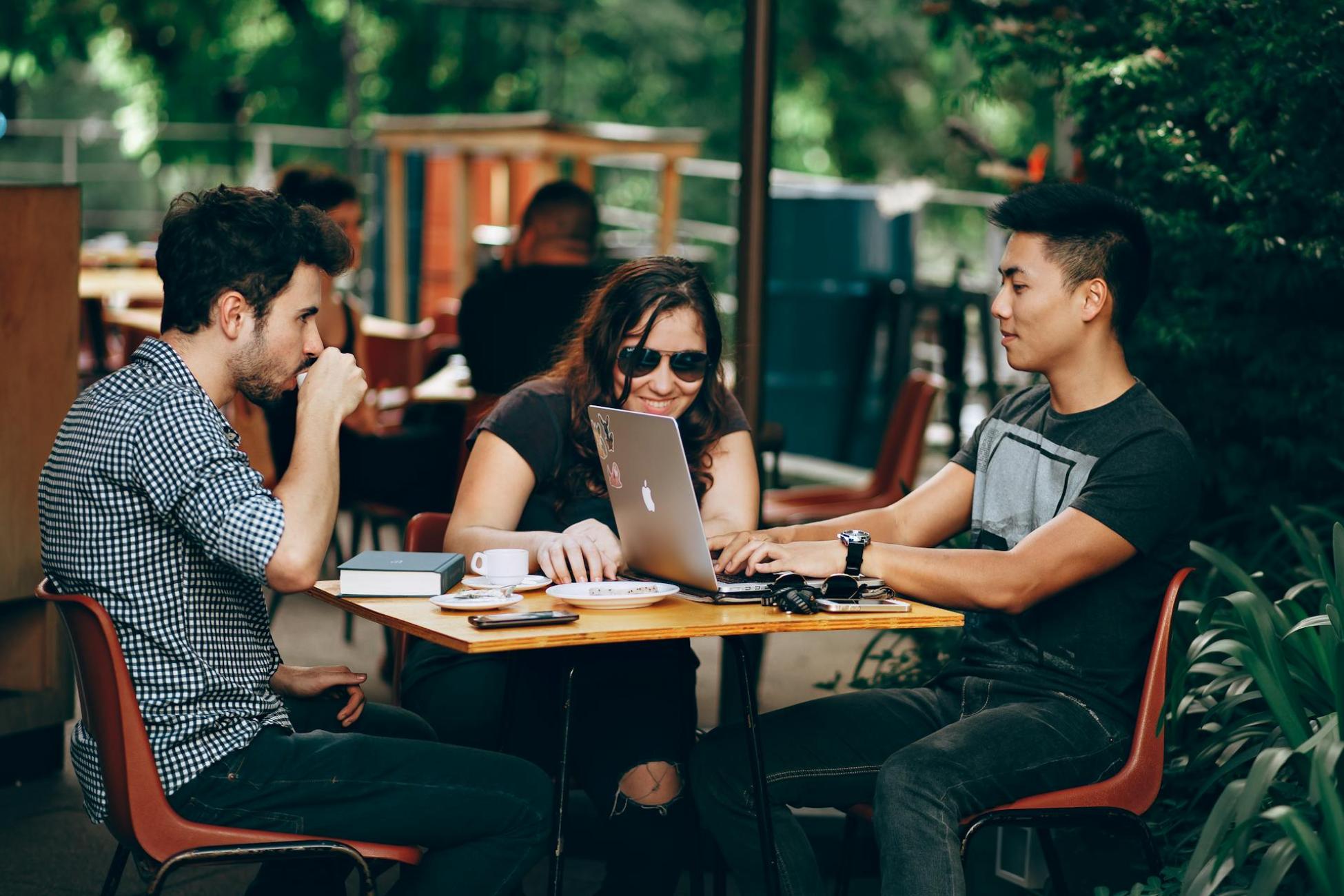Several social entrepreneurship programs encourage international collaboration and hands-on impact, encouraging students and faculty to develop solutions that make tangible differences across borders.
Here’s a closer look at some notable programs and projects.
1. The HEC Montréal Social Business Creation Program
This program is like a business boot camp with a conscience. And, it doesn’t stop at brainstorming; students collaborate with international peers and organizations to tackle real-world problems. For example, past participants have developed sustainable agriculture solutions in Latin America, and launched eco-friendly products in Southeast Asia.
https://www.hec.ca/en/students/campus-life/student-life/university-competitions/competitions-directory/social-business-creation-sbc.html
2. The MasterCard Foundation Scholars Program at McGill
McGill University takes social entrepreneurship global with its MasterCard Foundation Scholars Program. Focusing on empowering young leaders from Africa, this initiative equips scholars with the entrepreneurial skills to tackle issues in their home countries. A recent graduate launched a solar-powered mobile health clinic in Ghana, blending tech and healthcare innovation to serve rural communities.
https://www.mcgill.ca/mastercardfdn-scholars/
3. University of Waterloo’s Conrad School of Entrepreneurship and Business
You can’t talk about Canadian entrepreneurship without dropping Waterloo into the mix. The Conrad School emphasizes entrepreneurship with a global perspective. Its students are behind ventures like an app that connects underprivileged communities in India to free mental health resources and AI tools for rural education in Kenya.
https://uwaterloo.ca/conrad-school-entrepreneurship-business/
4. UBC Sauder’s Social Innovation Academy
UBC students partner with organizations in the Global South, co-creating projects that range from clean energy initiatives to community-based microfinance programs. Past projects include the development of affordable solar lanterns for rural areas and the establishment of microfinance programs.
https://www.sauder.ubc.ca/thought-leadership/research-outreach-centres/centre-social-innovation-impact-investing/social-innovation
5. Dalhousie University’s Starting Lean Initiative
Dalhousie University in Halifax blends entrepreneurial education with practical impact through its Starting Lean initiative. One notable project saw students partnering with Sri Lankan fishing communities to introduce sustainable aquaculture methods. The initiative balanced economic development with environmental preservation, showing how localized challenges can inspire globally relevant solutions.
https://academiccalendar.dal.ca/Catalog/ViewCatalog.aspx?pageid=viewcatalog&entitytype=CID&entitycode=MGMT%203902
Why It Matters
These programs aren’t just feel-good initiatives. They’re equipping students with the skills, networks, and confidence to address some of the world’s most pressing issues. Plus, they’re a solid reminder that education isn’t confined to classrooms—or countries.
Other Programs to Explore:
1. Queen’s Centre for Social Impact (Kingston, ON): Through initiatives like the Graduate Diploma in Social Impact, Queen’s blends business skills with community-driven projects. Its global partnerships extend these efforts to underserved regions worldwide.
https://smith.queensu.ca/centres/social-impact/index.php
2. RADIUS at Simon Fraser University (Burnaby, BC): This innovation lab has supported projects addressing maternal healthcare in sub-Saharan Africa and clean water systems in remote areas.
https://radiussfu.com/
3. Coady International Institute at St. Francis Xavier University (Antigonish, NS): A Maritime standout Coady focuses on leadership in community development, with initiatives in Africa, Asia, and Latin America tackling issues like sustainable agriculture and women’s empowerment.
https://coady.stfx.ca/s
These programs highlight the diverse ways Canadian universities are fostering social entrepreneurship with a global reach. By combining innovation with purpose, students and faculty are building solutions that cross borders and create lasting change.

